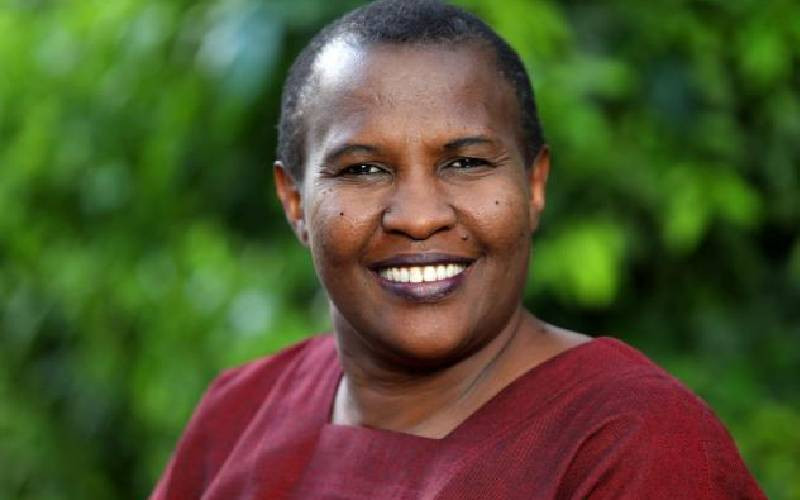
Despite accounting for roughly only 4 per cent of global emissions, Africa is one of the regions that is most vulnerable to and the least able to protect itself from the adverse impacts of climate change.
Currently, the region is estimated to be warming 1.5 times faster than the global mean.
The continent is increasingly being devastated by severe droughts, flooding, sea level rise, heat waves and other extreme events. The situation will worsen if ambitious commitments are not followed up by urgent implementation.
Since the beginning of 2022, Africa has experienced a string of severe and occasionally unprecedented extreme weather events, from devastating floods in Nigeria to severe drought in Somalia and most parts of the Horn of Africa.
As a result of unavoidable climatic impacts, African countries are already spending a substantial amount of money and incurring losses on both economic and non-economic level.
For more than 10 years, Africa has prioritised loss and damage in United Nations climate negotiations, but little progress has been made, especially around how to pay for it.
Already, half of the assessed African species are expected to lose more than 30 per cent of their population or area of suitable habitat due to global warming.The next few years will be very critical for the continent. The time to act to secure a resilient and safe future for Africa is now.
This makes the United Nations Framework Convention on Climate Change (UNFCCC) COP27 in Sharm el-Sheikh, Egypt, not just a high-level policy event but a critical moment to mount an effective response to make Africa resilient to climate vagaries.
At COP27, African negotiators and stakeholders should advance a well-developed and clear position on loss and damage in order to move the topic up the negotiation's priority list and get support for the recommended Loss and Damage Finance Facility.
Paramount is securing the requisite financial resources to address adaptation needs, reduce greenhouse gas emissions, account for climate change-related loss and damage and secure climate finance.
Africa also needs to secure resources to ensure access and just transition to renewable energy by exploiting its vast wind, sunshine, hydropower and geothermal resources.
This is because more than 600 million people in Africa still lack basic access to, reliable energy.
Individual states will also need to honour their commitments to progressively reduce greenhouse gas emissions by 2030, and support in implementing capacity within developing nations, particularly in Africa where institutional capacity remains weak.
It is vital for the global community to unlock the necessary financial flows to Africa as it embarks on a just transition to a future powered by renewable energy expansion and implement other commitments to reduce greenhouse gas emissions.
Ms Ruhweza is the WWF Regional Director, Africa
 The Standard Group Plc is a multi-media organization with investments in media
platforms spanning newspaper print operations, television, radio broadcasting,
digital and online services. The Standard Group is recognized as a leading
multi-media house in Kenya with a key influence in matters of national and
international interest.
The Standard Group Plc is a multi-media organization with investments in media
platforms spanning newspaper print operations, television, radio broadcasting,
digital and online services. The Standard Group is recognized as a leading
multi-media house in Kenya with a key influence in matters of national and
international interest.
 The Standard Group Plc is a multi-media organization with investments in media
platforms spanning newspaper print operations, television, radio broadcasting,
digital and online services. The Standard Group is recognized as a leading
multi-media house in Kenya with a key influence in matters of national and
international interest.
The Standard Group Plc is a multi-media organization with investments in media
platforms spanning newspaper print operations, television, radio broadcasting,
digital and online services. The Standard Group is recognized as a leading
multi-media house in Kenya with a key influence in matters of national and
international interest.










